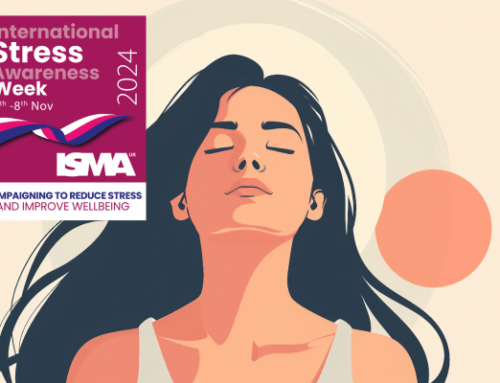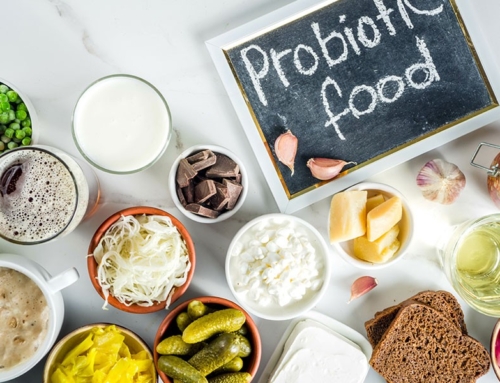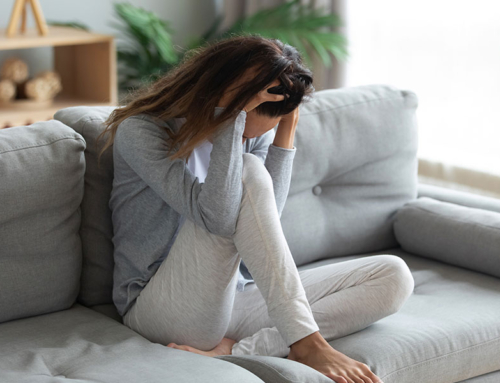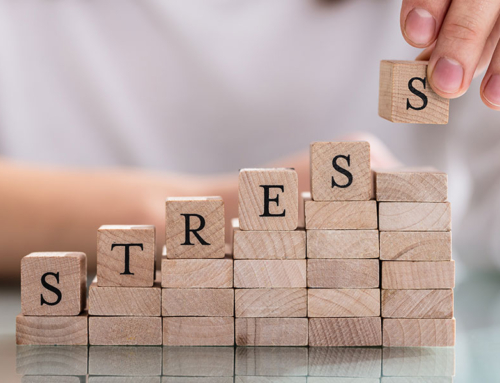The Symptoms and Causes of Depression
For a such a well-known and documented mental illness, the depths of depression can often feel like the loneliest place in the world and some days the sufferer can feel that they are not striving to be happy but fighting tooth and nail to just appear “normal” and do the day to day things others might take for granted. According to the World Health Organisation (WHO), depression is diagnosed if a person exhibits symptoms for at least two weeks with no medical explanation. So, what do the symptoms of depression look like?
The Symptoms
Emotional
The emotional aspect of depression is broad and can include an unexplained or deep sadness, apathy, anger, anxiety, feeling overwhelmed and not caring about appearance or overall health.
Mental
The mental signs of depression are common in the form of negative self-talk or overly critical of one’s self, lack of memory or frequent forgetfulness, confusion, hopelessness and thoughts of suicide.
Physical
The physical symptoms of depression can include extreme tiredness and lack of energy, increased muscle tension or aches and pains, overeating or a lack of appetite which causes weight gain/loss, loss of libido and sleeping too little or too much.
Behavioural
The behavioural effects of depression can appear in the following forms; agitated or angry outbursts, moving slower than usual, not keeping on top of responsibilities, a job or commitments, frequent crying, lashing out at loved ones, not taking care of daily needs such as health, medication or hygiene.
The Causes
The causes of depression can vary greatly from person to person. What causes one individual to drop into pure despair is something another might not see as a big deal. For someone who has depression, the smallest thing in the world can feel like an unsurmountable struggle to them. It’s important to recognise this and show empathy regardless of the circumstances.
Genetics
Genetics have the potential to affect a person’s mental health. If a close family member has been diagnosed with depression, this will increase the chance of the next generation developing depression and other mental health disorders.
Situational
Living arrangements, childhood, circumstances, way of life, loss of job, debt, pregnancy/postnatal (for women) and bereavement can all trigger depression but not everyone who encounters these gets depressed or similarly, a depressed person might not have any of these things happening in their life at all.
Unresolved Emotion
Grief, bereavement or feelings after a major life event or trauma can all lead to feelings of depression further down the line. In most cases, the unresolved feelings have not been faced or dealt with and the repression of these can bring on the symptoms of depression.
Diet and Lifestyle
The way a person lives their life and how they look after their overall health and wellbeing has the potential to cause depression over time. According to a comprehensive study carried out by neurobiologists at Oxford University, it’s been suggested that even a lack of good bacteria in the gut can have a negative impact on a person’s mental health. It was discovered that the number of microbes (microbiome) within the gut can affect the area of the brain responsible for processing emotions. You can learn more about that (here)
Disclaimer Always consult a GP before changing your diet or taking probiotics, especially if you have a medical condition.
© Triangle Mental Health Foundation 2022
Operating Hours
| Mon | 10:00am – 16:00pm |
| Tues | 10:00am – 16:00pm |
| Wed | 10:00am – 16:00pm |
| Thur | 10:00am – 16:00pm |
| Fri | 10:00am – 16:00pm |







